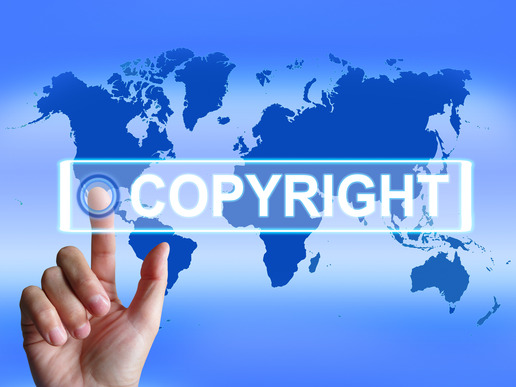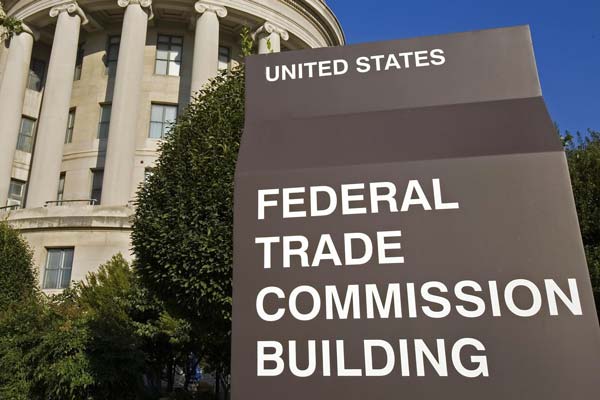On July 16, 2015, the U.S. District Court for the Western District of Washington held that disputes over actual knowledge of copyright infringement were irrelevant to an e-merchant’s ability to claim copyright safe harbor defenses under the Digital Millennium Copyright Act in a case in which the company quickly removed the infringing products upon notice (Milo & Gabby, LLC v. Amazon.com, Inc., W.D. Wash., No. 2:13-cv-01932-RSM, 7/16/15).
A controversial law, the DMCA, 17 U.S.C. §512, provides a safe harbor for online service providers, such as ISPs, hosting providers, search engines and website operators for copyright infringement damages made against them based upon the conduct of their third-party users. In order to avail themselves of the safe harbor, online service providers much implement clearly defined administrative procedures that call for the prompt removal of content upon receipt of a procedurally valid takedown notice from a copyright owner.
First, an online service provider must designate a designate a copyright agent to receive takedown notices. Second, an effective “copyright infringement policy” must be developed and implemented. Lastly, takedown notices must be properly administered. For more information on DMCA takedown notices, see here.
Generally speaking, the DMCA safe harbor also provides that an online service provider will not be held liable for monetary damages for infringing content posted at the direction of a user, so long as the provider does not possess actual knowledge of the infringing content, does not receive any financial benefit directly attributable to the infringing activity, and acts expeditiously to remove or disable access to the infringing material upon obtaining notice thereof.
In Milo & Gabby, LLC, U.S. District Court Judge Ricardo S. Martinez held that the DMCA’s safe harbor protections are not lost when sellers know about infringing activity so long as they quickly take steps to disable access or remove the offending material.
Here, the plaintiff designed and sold animal-themed bedding. Its business was allegedly impacted in a negative manner when counterfeit products were purportedly offered by third-party vendors via defendant’s marketplace.
On more than one occasion, the defendant investigated and removed the counterfeit products. Nevertheless, the plaintiff filed sued, alleging copyright, trademark and patent infringement claims against Amazon. With regard to the copyright infringement claims, the defendant invoked the DMCA safe harbor.
The court found that Amazon did not have sufficient knowledge of infringement to remove DMCA protection. Specifically, the court decided that Amazon’s quick removal all infringing material, coupled with the lack of ability to control the infringing conduct of third-parties, was sufficient to overcome the factual dispute regarding actual knowledge.
The court also cited UMG Recordings Inc. v. Shelter Capital Partners LLC, 718 F.3d 1006 (9th Cir. 2013), holding that the presence of infringing content and the ability to search for, filter and remove such content does not constitute control without “something more.”
This matter should be of interest to online service providers that host user-generated content. Please contact an experienced ecommerce lawyer if you are uncertain regarding the specific steps contained in Section 512(c) of the DMCA that are necessary to secure DMCA safe harbor protection for infringing material on your website.
Richard B. Newman is a leading Internet Law Attorney at Hinch Newman LLP specializing in advertising and digital media matters. His practice includes conducting legal compliance reviews of advertising campaigns, representing clients in investigations and enforcement actions brought by the Federal Trade Commission and state Attorneys General, commercial litigation, advising clients on promotional marketing programs, and negotiating and drafting legal agreements.
Information conveyed in this article does not purport to cover every issue associated with obtaining DMCA safe harbor protection. Information conveyed in this article is provided for informational purposes only and does not constitute, nor should it be relied upon, as legal advice. No person should act or rely on any information in this article without seeking the advice of an attorney.




